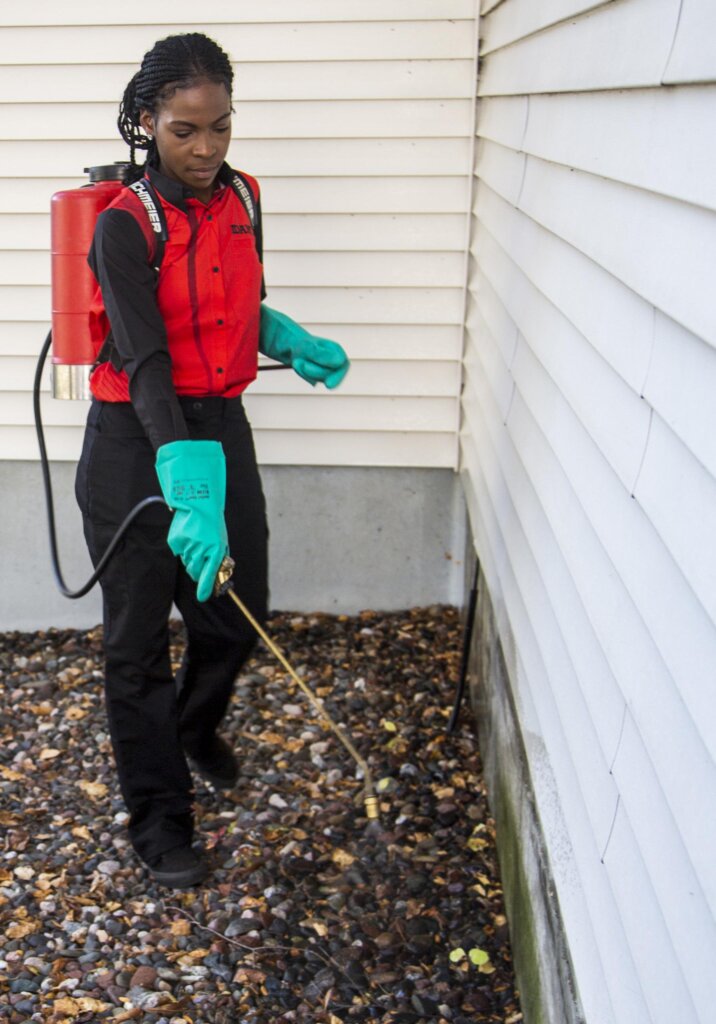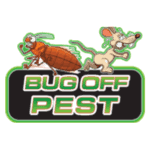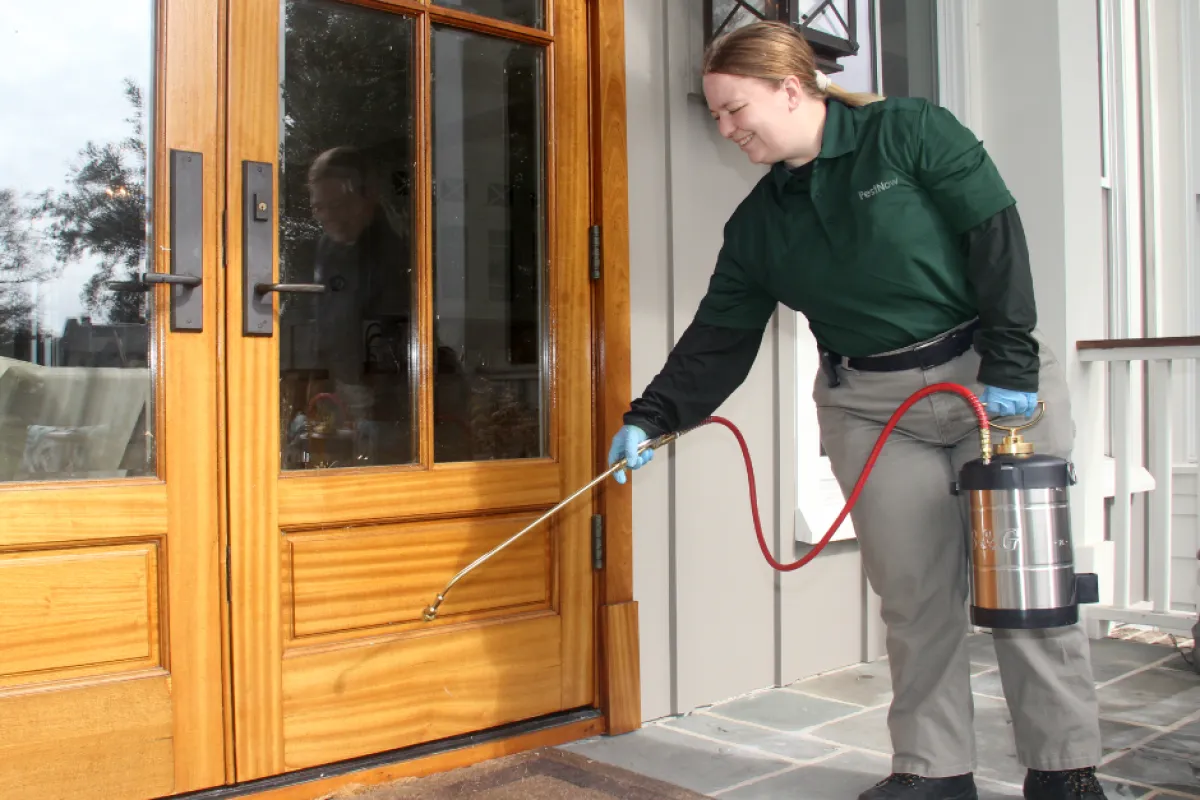Complete Pest Control in Port Charlotte for year-round protection.
Complete Pest Control in Port Charlotte for year-round protection.
Blog Article
Exploring Innovative Strategies and Products for Reliable Insect Control
The landscape of insect control is progressing, marked by the appearance of ingenious methods and products created to improve efficiency and sustainability. From wise catches equipped with innovative surveillance systems to biological approaches that utilize all-natural killers, these innovations provide a standard change in exactly how we approach pest management.
Smart Traps and Keeping An Eye On Equipments
Just how can contemporary innovation enhance insect administration? One significant development is the development of smart traps and monitoring systems, which provide real-time information and analytics for effective insect control. These systems utilize sensors and wireless technology to detect bug activity, signaling residential or commercial property managers and parasite control specialists to infestations prior to they escalate.
Smart catches are geared up with attributes such as lure stations that bring in pests and record them effectively. These traps can be monitored from another location, permitting prompt interventions and decreasing the demand for considerable chemical applications. The combination of maker learning algorithms makes it possible for these systems to differentiate between target pests and non-target types, boosting the precision of pest control procedures.
Additionally, the data gathered from smart traps can be evaluated to determine patterns in bug actions and ecological aspects adding to problems (Pest Control in Port Charlotte). This details is important for creating targeted bug monitoring methods tailored to particular atmospheres. By accepting smart traps and monitoring systems, pest control specialists can boost their functional effectiveness and decrease the ecological impact of insect administration, eventually resulting in safer and more lasting techniques in the sector
Biological Pest Control Approaches
Using natural killers and bloodsuckers, biological pest control approaches use an ecologically pleasant choice to chemical treatments. This strategy entails the introduction or improvement of certain organisms that can naturally regulate insect populations, thus decreasing reliance on synthetic chemicals. Common examples consist of making use of ladybugs to manage aphid invasions and parasitical wasps to target caterpillars.

Organic control can be categorized right into 3 main approaches: classic, augmentative, and conservation. Classical organic control entails importing all-natural enemies from the bug's native environment, while augmentative control entails raising the population of existing all-natural enemies with launches. Preservation methods focus on developing conditions that sustain these advantageous organisms in the community.
The effectiveness of biological parasite control depends upon recognizing the complex interactions within ecosystems. It commonly requires an extensive analysis of pest dynamics and the life process of both the insects and their natural enemies. While biological techniques may not offer immediate outcomes like chemical choices, they add to lasting insect monitoring and community health and wellness. As recognition of ecological concerns grows, biological insect control methods are progressively recognized for their sustainable function in integrated bug monitoring programs.
Eco-Friendly Chemical Alternatives
Environmentally friendly chemical options give a feasible remedy for bug administration that lessens environmental effect while efficiently controlling pest populaces. These choices are originated from all-natural sources and are meticulously created to target certain insects without damaging advantageous organisms, making them a necessary element of sustainable parasite control methods.
Amongst the most reliable green choices are plant-based insecticides, such as neem oil and pyrethrin, which are originated from the seeds and flowers of various plants. These materials interrupt the life cycles of parasites, minimizing their populaces without the poisonous results connected with conventional chemicals - Pest Control in Port Charlotte. Furthermore, important oils like peppermint and clove oil exhibit repellent residential properties, better enhancing their energy in insect monitoring

Moreover, environmentally friendly chemical alternatives typically damage down quicker in the setting, lowering the risk of soil and water contamination. This particular aligns with the raising consumer demand for lasting methods in farming and city pest control. As research remains to development, the development of ingenious green formulations will further improve efficiency and widen application locations, making it possible for pest monitoring professionals to adopt greener, more liable approaches in their techniques while protecting human wellness and the setting.
Scent Disturbance Techniques
Another innovative technique in sustainable parasite monitoring is the usage of scent interruption techniques. These techniques exploit the natural chemical signals, or scents, that pests make use of for interaction, especially in breeding behaviors. By disrupting these signals, pest populaces can be efficiently managed without considering harmful chemicals.
Pheromone catches are commonly utilized in this technique. These catches utilize synthetic variations of insect scents to entice male insects, therefore minimizing their ability to find women and duplicate. Over time, this can result in a significant decrease in insect populaces. Additionally, the launch of repellent scents can develop complication among pests, even more preventing their mating processes - Pest Control in Port Charlotte.

Integrated Bug Administration Techniques
Efficient bug control commonly calls for a comprehensive strategy, and Integrated Bug Management (IPM) strategies supply a framework for achieving this goal. IPM integrates various management techniques to reduce bug populaces while decreasing dependence on chemical pesticides. This multifaceted approach starts with extensive tracking and recognition of parasites, allowing for targeted interventions based on details pest stress.
Cultural techniques, such as crop turning and sanitation, play a crucial duty in avoiding insect facility. Organic controls, consisting of all-natural predators and parasitoids, are employed to keep insect populaces at manageable levels. When essential, selective chemical treatments are applied, emphasizing reduced toxicity to non-target varieties and the atmosphere.
Additionally, education and learning and outreach are essential elements of IPM, promoting awareness among stakeholders regarding sustainable methods and pest life cycles. The versatility of IPM helpful hints allows practitioners to respond properly to altering insect characteristics and environmental conditions. By using this all natural strategy, IPM not only enhances pest control Learn More effectiveness however also adds to long-lasting ecological equilibrium. Eventually, Integrated Parasite Management stands for a forward-thinking option that straightens agricultural efficiency with ecological stewardship, making it vital in modern pest control strategies.

Conclusion
In final thought, the integration of cutting-edge strategies and products for reliable insect control stands for a considerable advancement in lasting insect monitoring. Smart traps and monitoring systems, biological pest control techniques, environment-friendly chemical options, and scent interruption strategies jointly improve the efficiency of pest management techniques.
Report this page